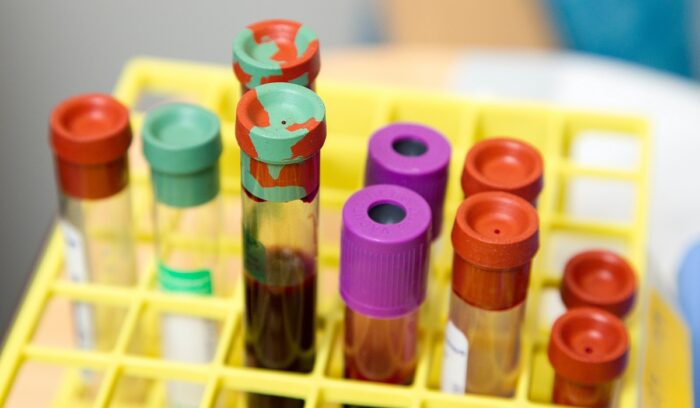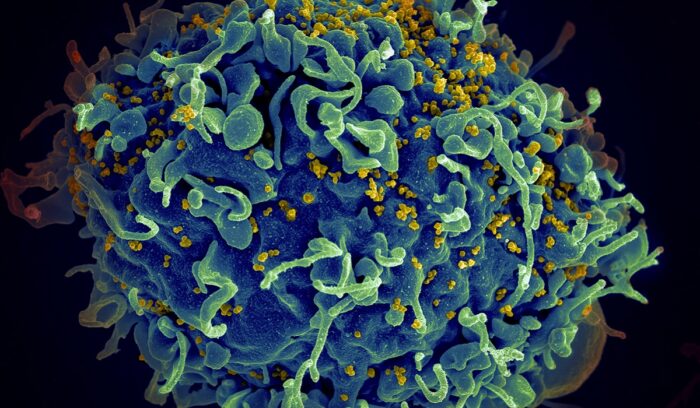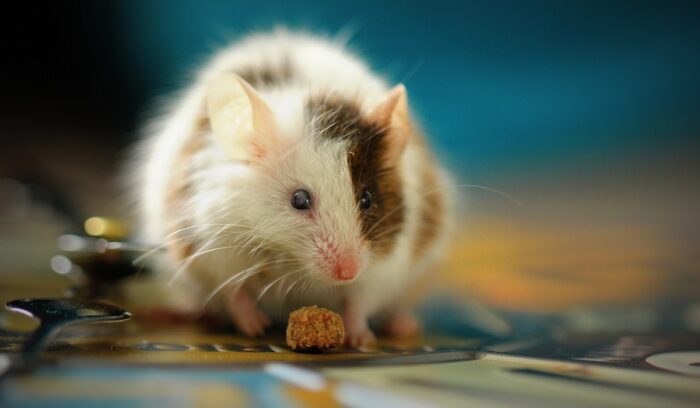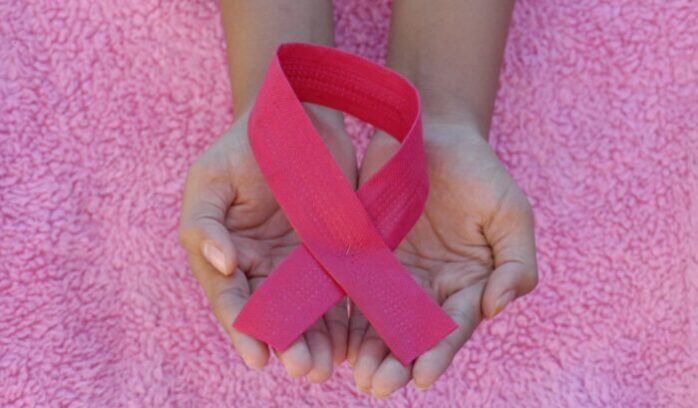Manuka honey reduces breast cancer cell growth by 84% in preliminary studies
Manuka honey is produced from the nectar collected by honey bees when they pollinate the mānuka, a species of tea tree indigenous to New Zealand and southeast Australia. Now, preliminary studies by researchers at UCLA have found that this nutraceutical might aid in breast cancer prevention and treatment. The honey-treated mice showed significantly suppressed tumor growth compared to controls. Overall, it inhibited the growth and progression of an established human breast cancer tumor by 84% without affecting healthy cells.










